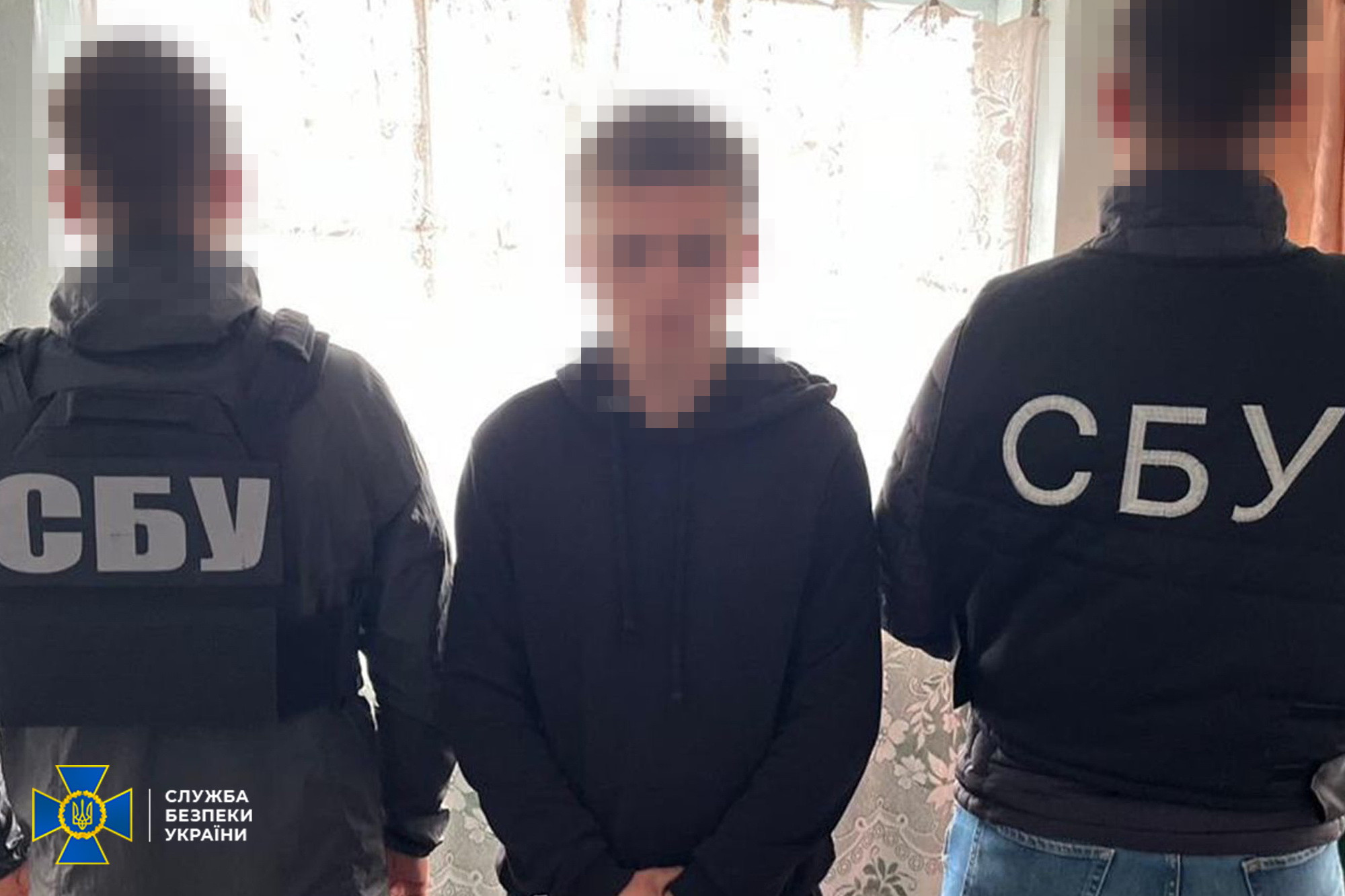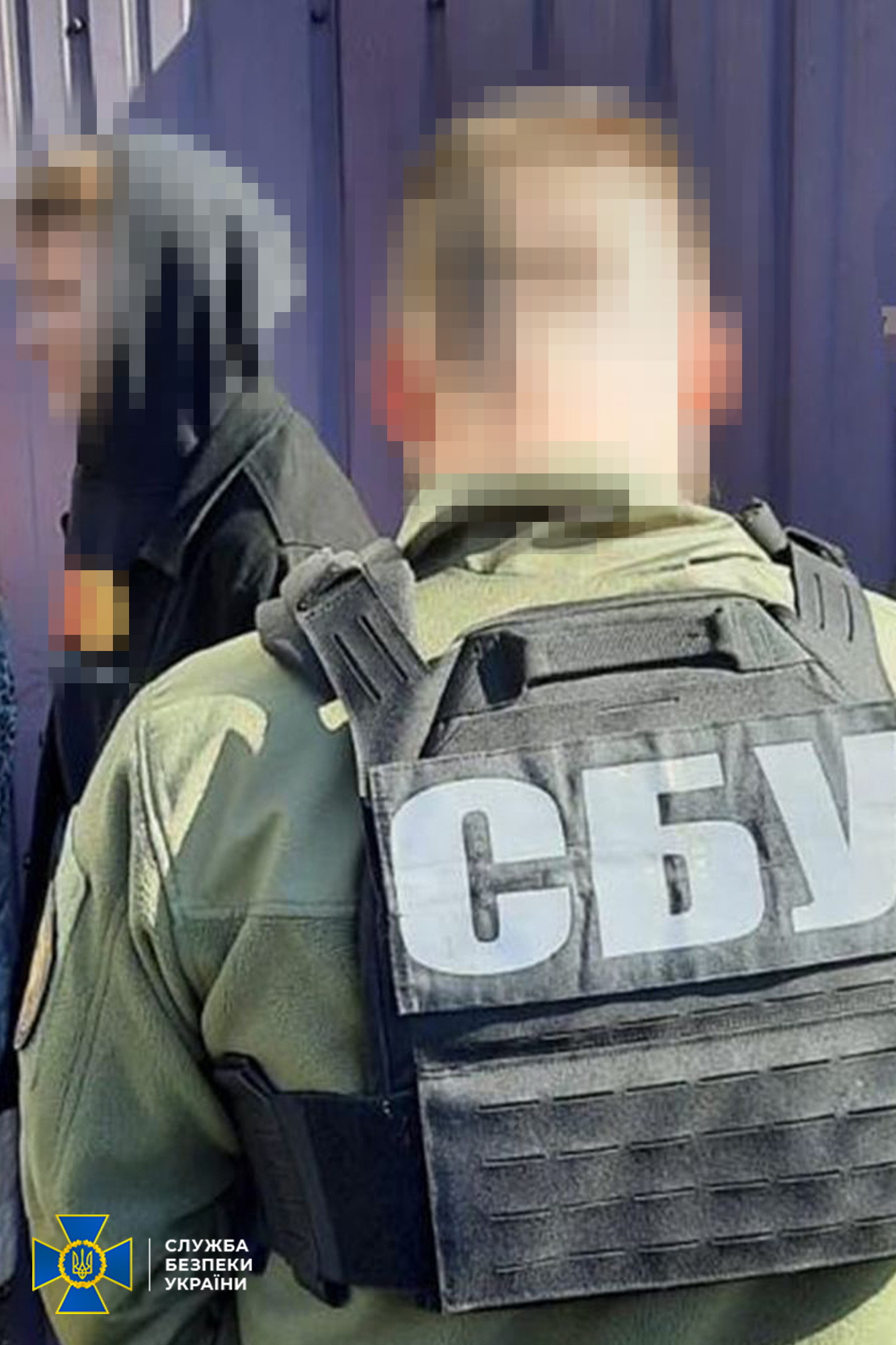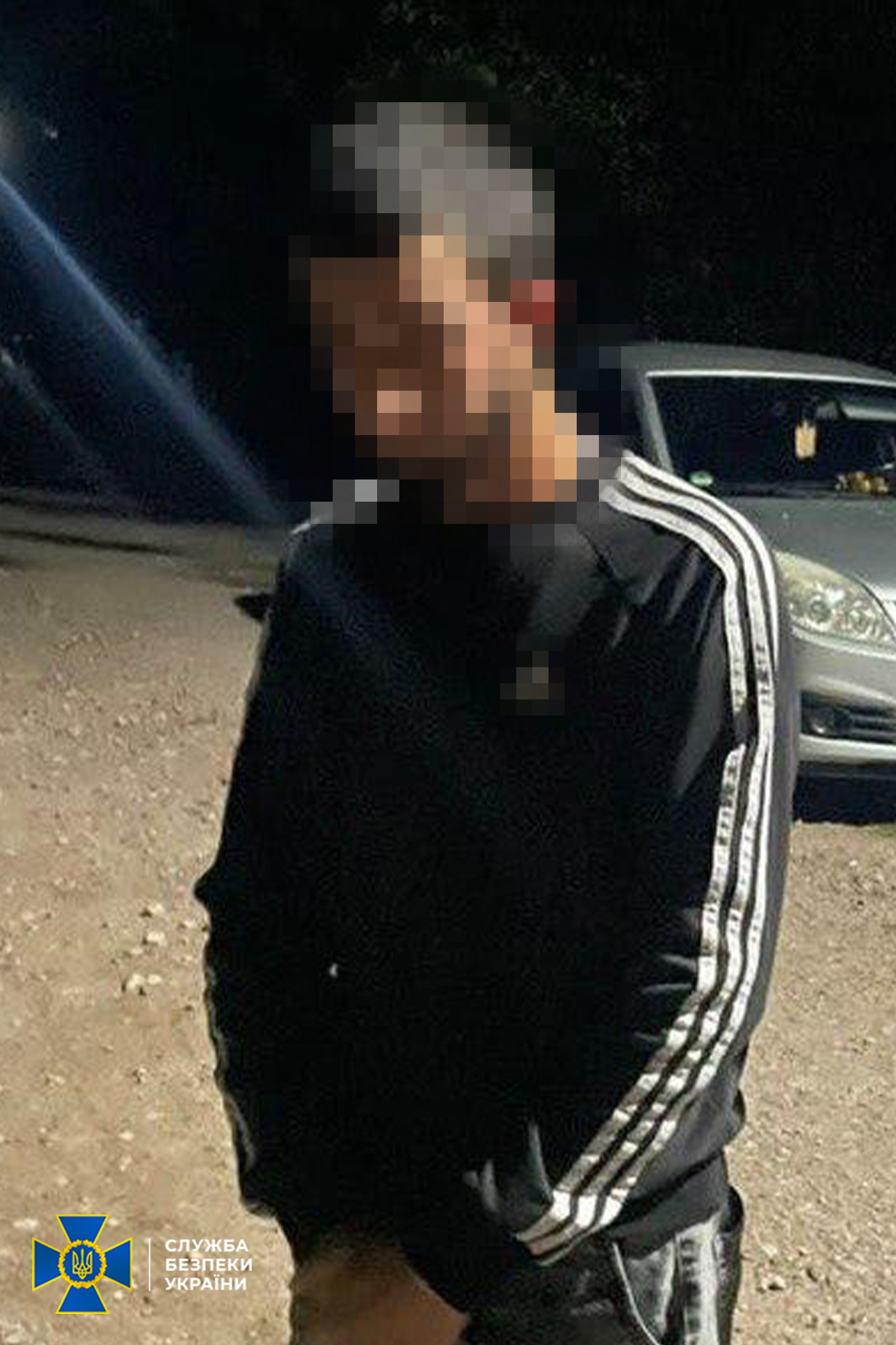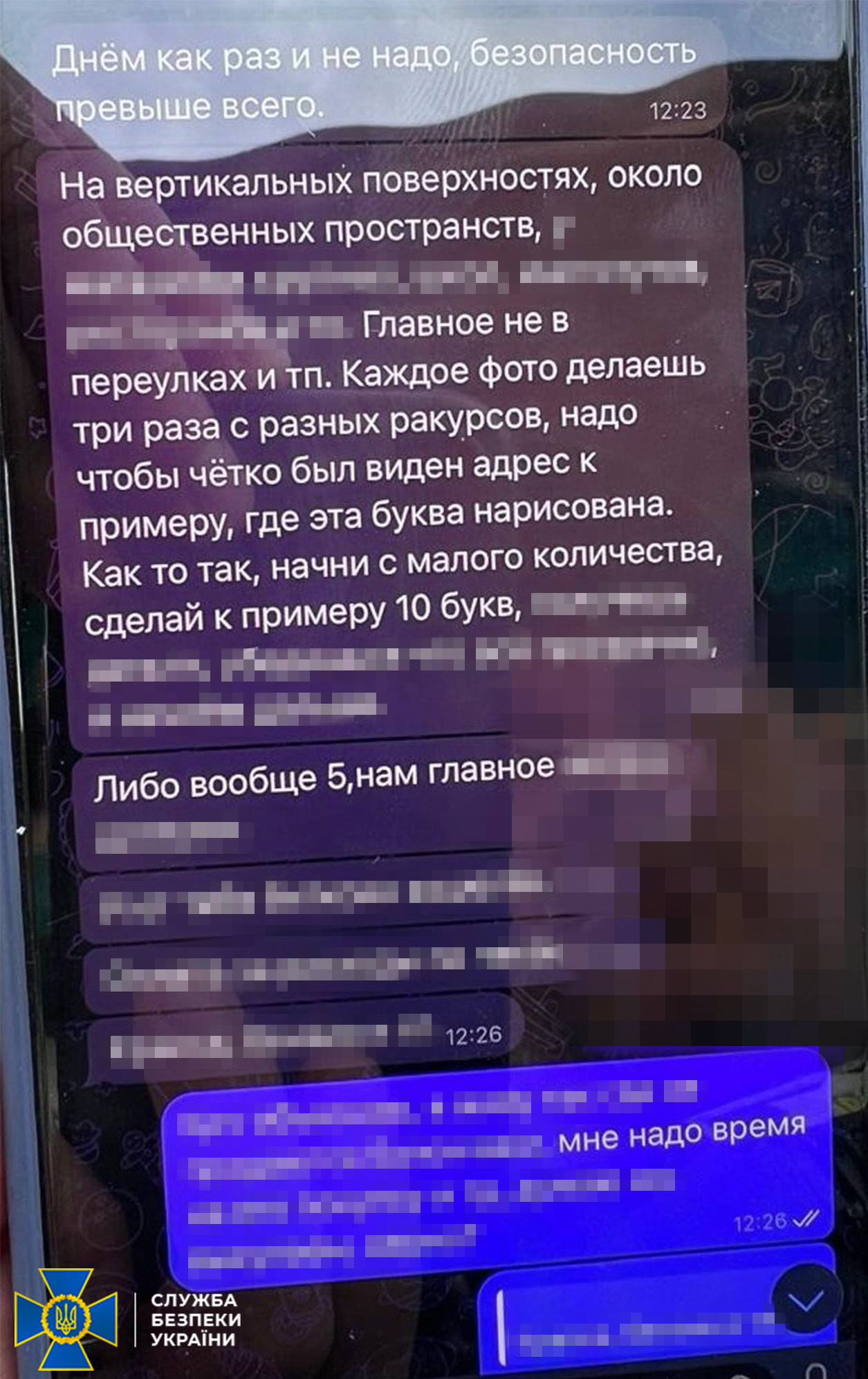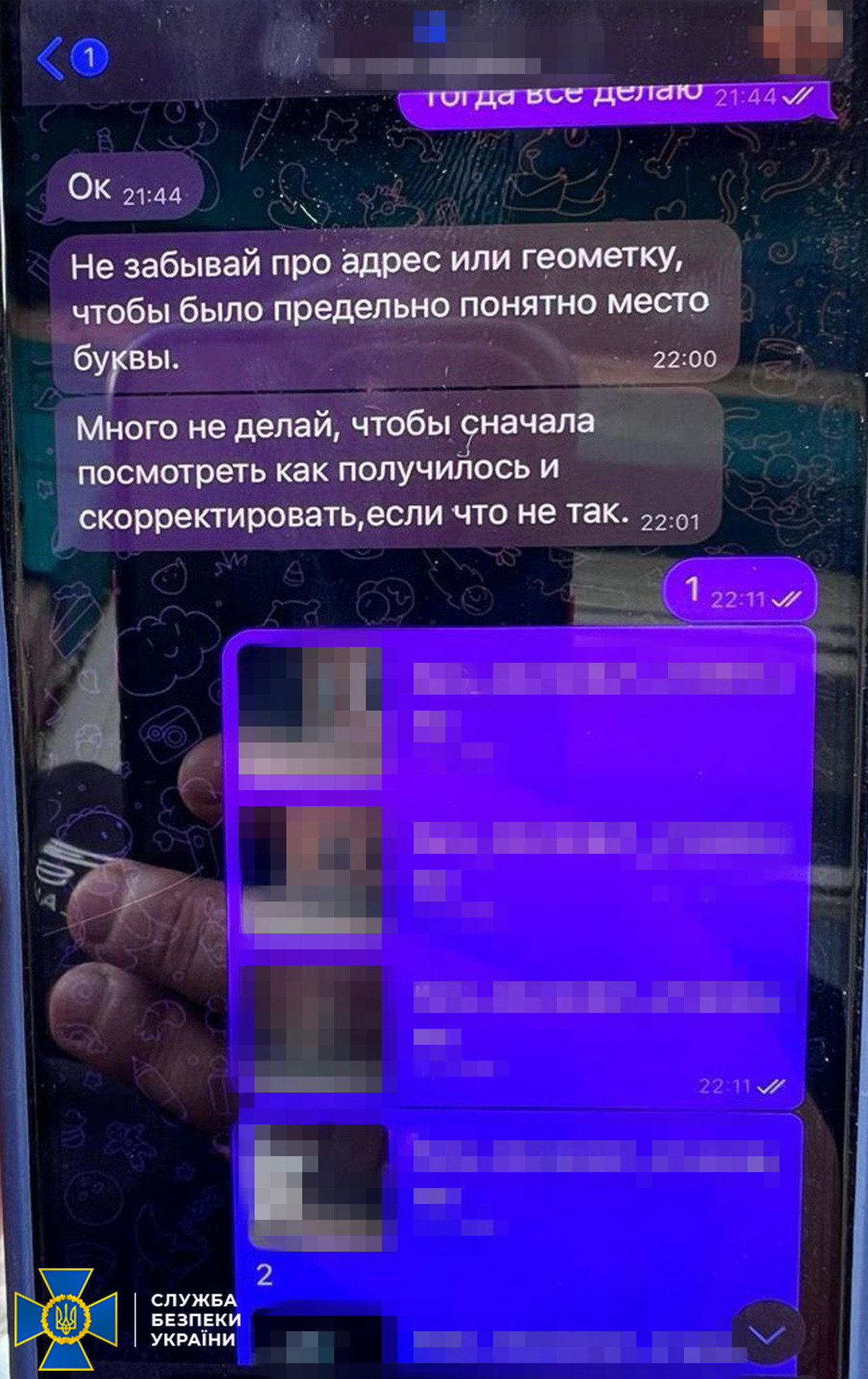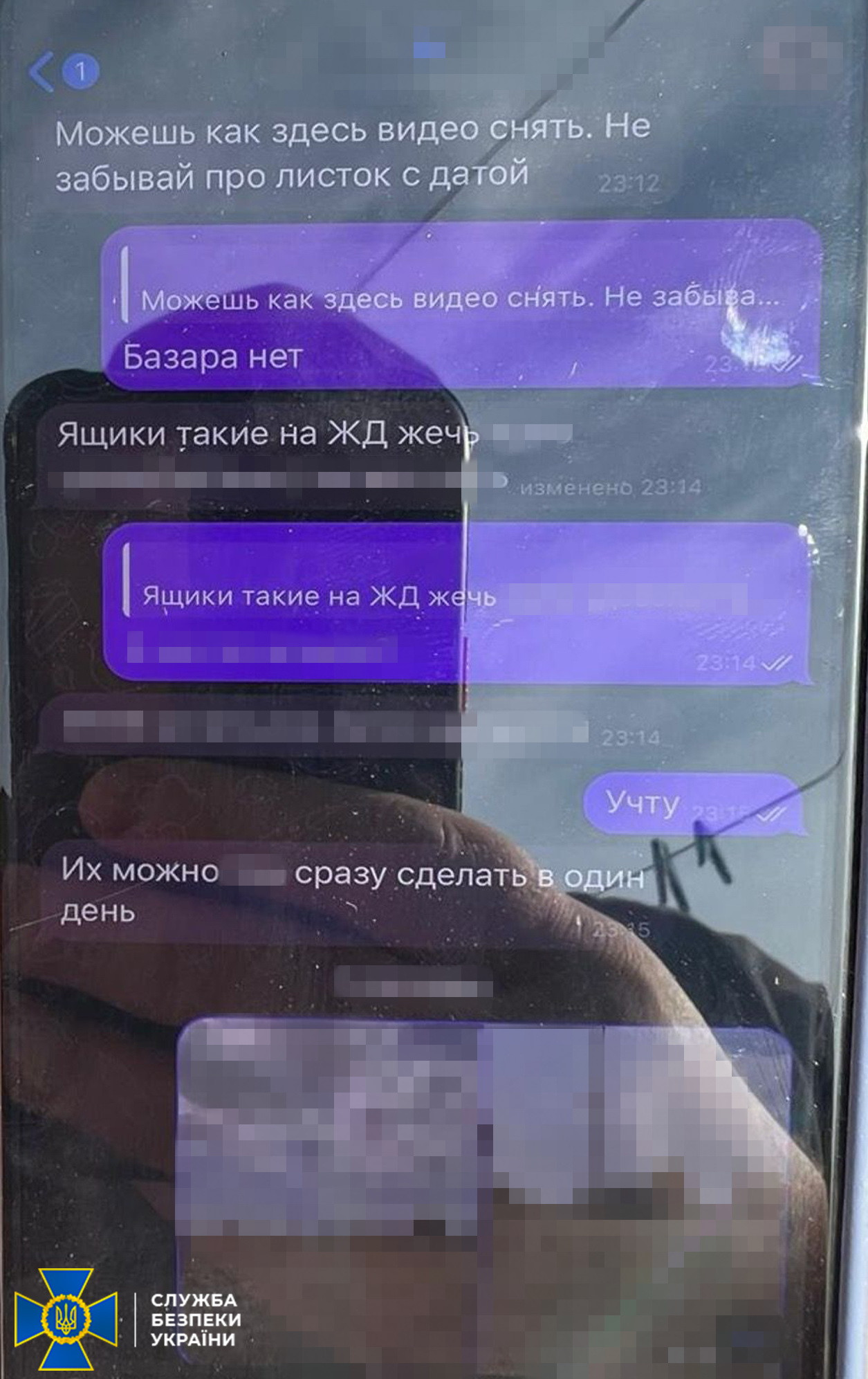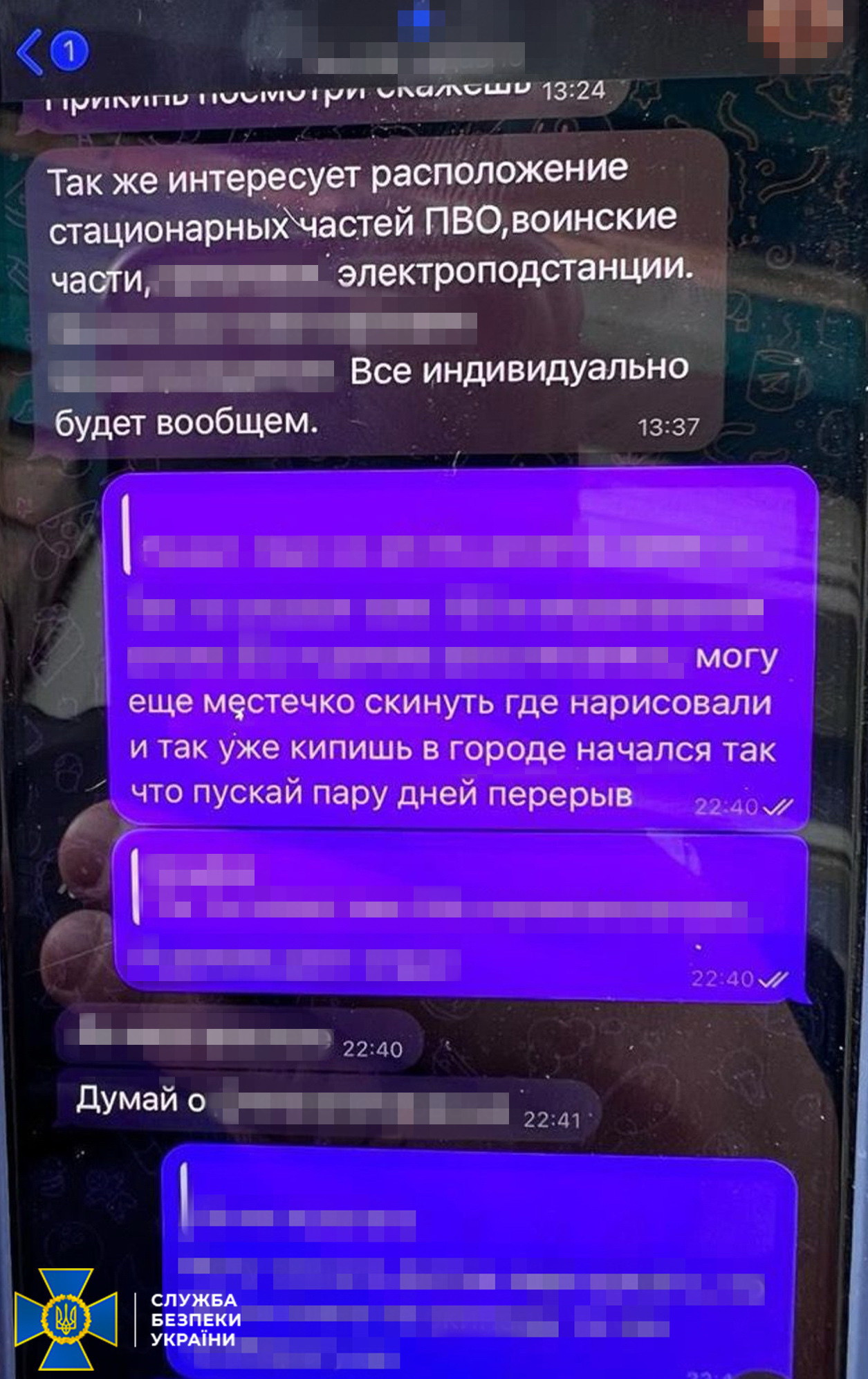SSU and National Police detain another three groups of arsonists in Odesa, Dnipropetrovsk and Cherkasy regions
The SSU and the National Police have apprehended another seven accomplices of russian intelligence services who burnt military cars and railway facilities in Odesa, Dnipropetrovsk and Cherkasy oblasts.
To carry out enemy tasks, the perpetrators used flammable mixtures and recorded the fires on video, which they used to report to their russian handlers.
In this way, the arsonists hoped to make some easy money. Instead of promised payment from russia, they received notices of suspicion from Ukraine’s law enforcement agencies.
In Dnipropetrovsk region:
Two 16-year-old residents of Nikopol district were detained for setting fire to an AFU vehicle and a relay cabinet near an important railway line.
Before the arson attacks, the minors fulfilled test tasks for their russian handler, including drawing a ‘Z-graffiti’ on the walls of buildings.
In Cherkasy region:
Two residents of Uman, aged 16 and 21, were apprehended in hot pursuit. During one day, they burned a multivan and an off-road vehicle of the Armed Forces of Ukraine, which were undergoing maintenance after combat missions at the front.
In Odesa region:
Three young men were detained for setting fire to eight relay cabinets on the railway.
In this way, the enemy hoped to disrupt the logistics of the Defence Forces towards the southern front.
All detained individuals have been notified of suspicion (in accordance with the crimes committed) under the Articles of the CCU:
- 28.2, 113.2 (sabotage, committed by a group, upon prior conspiracy, under martial law);
- 28.2, 114-1.1 (obstruction of lawful activities of the AFU and other lawful military formations, committed by a group, upon prior conspiracy);
- 194.2 (intentional damage to property by arson).
The suspects face 8 years in prison to life imprisonment with confiscation of property.
The operations were carried out by the SSU Offices in Odesa, Cherkasy and Dnipropetrovsk regions jointly with the National Police under the procedural supervision of the regional prosecutor’s offices.

